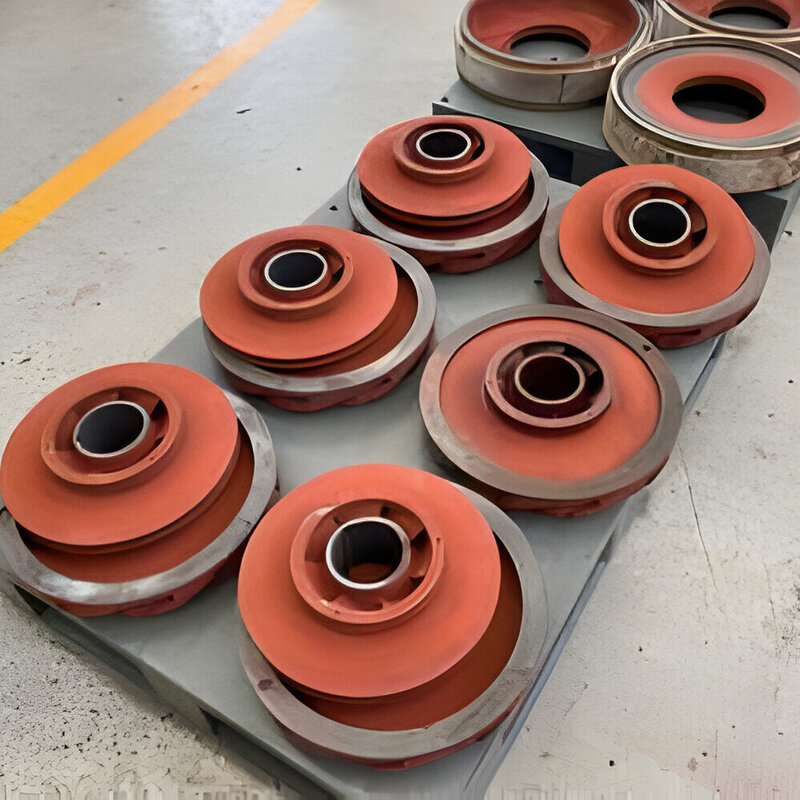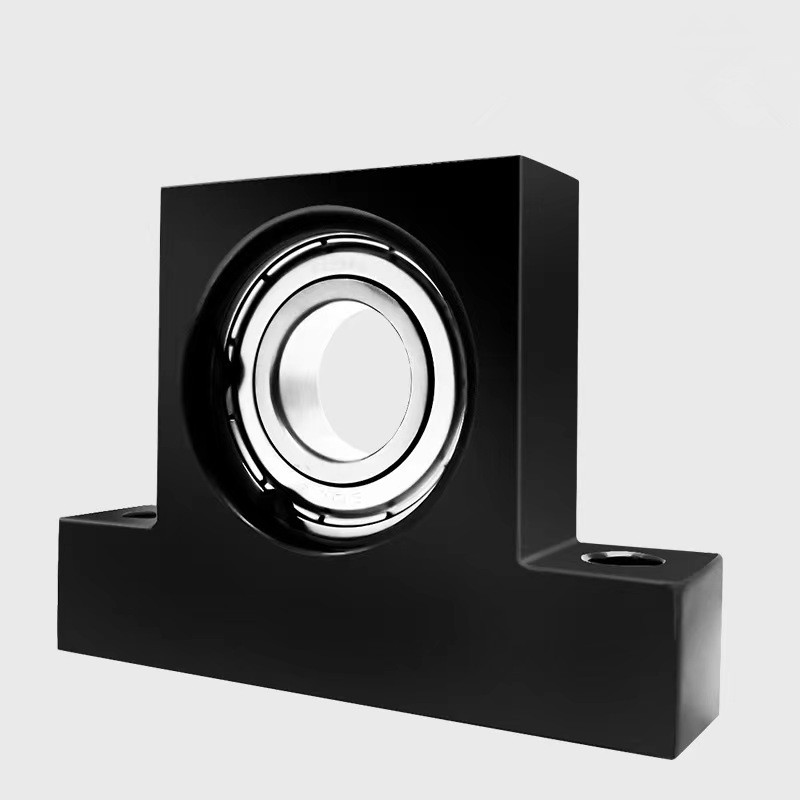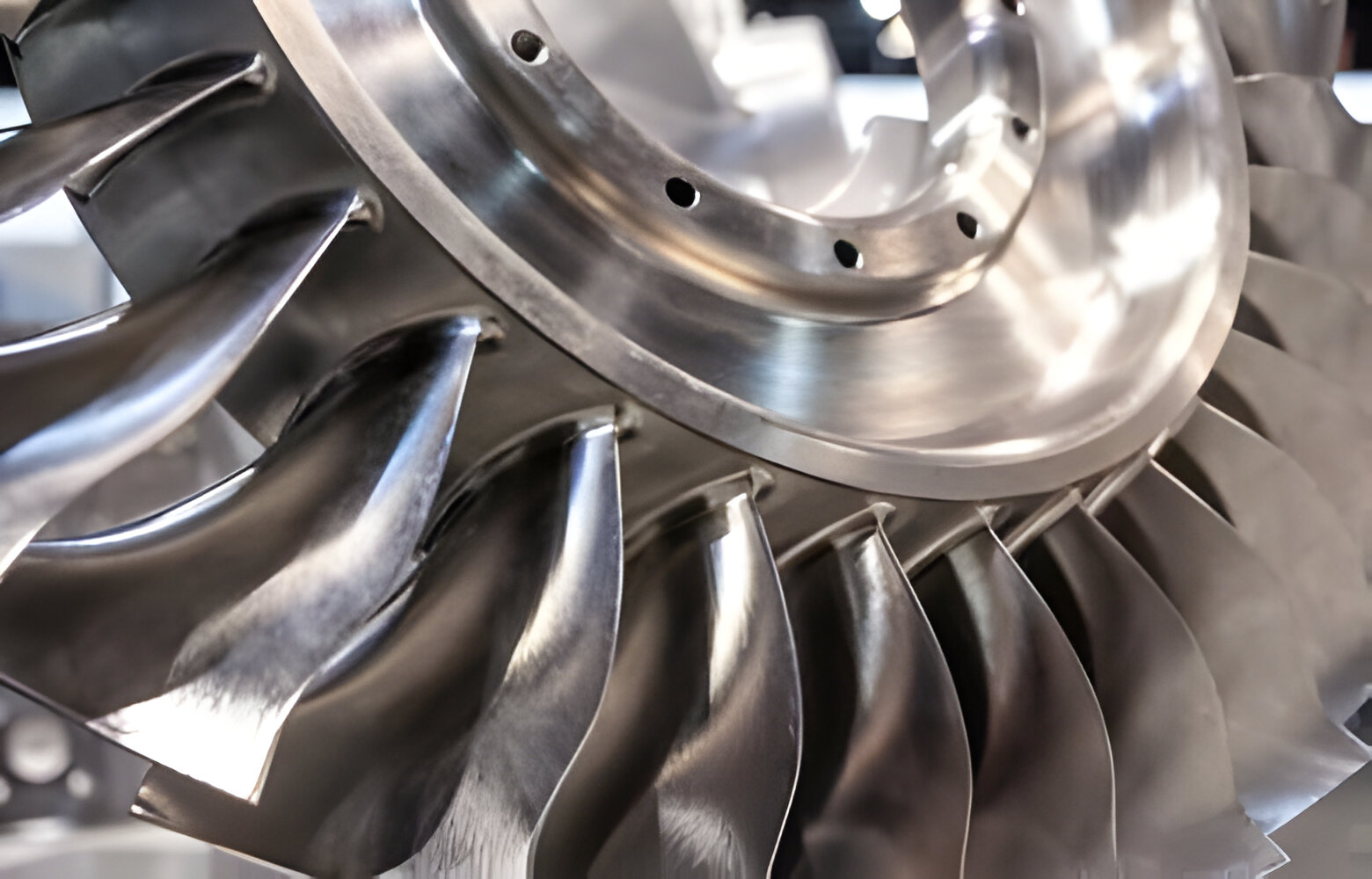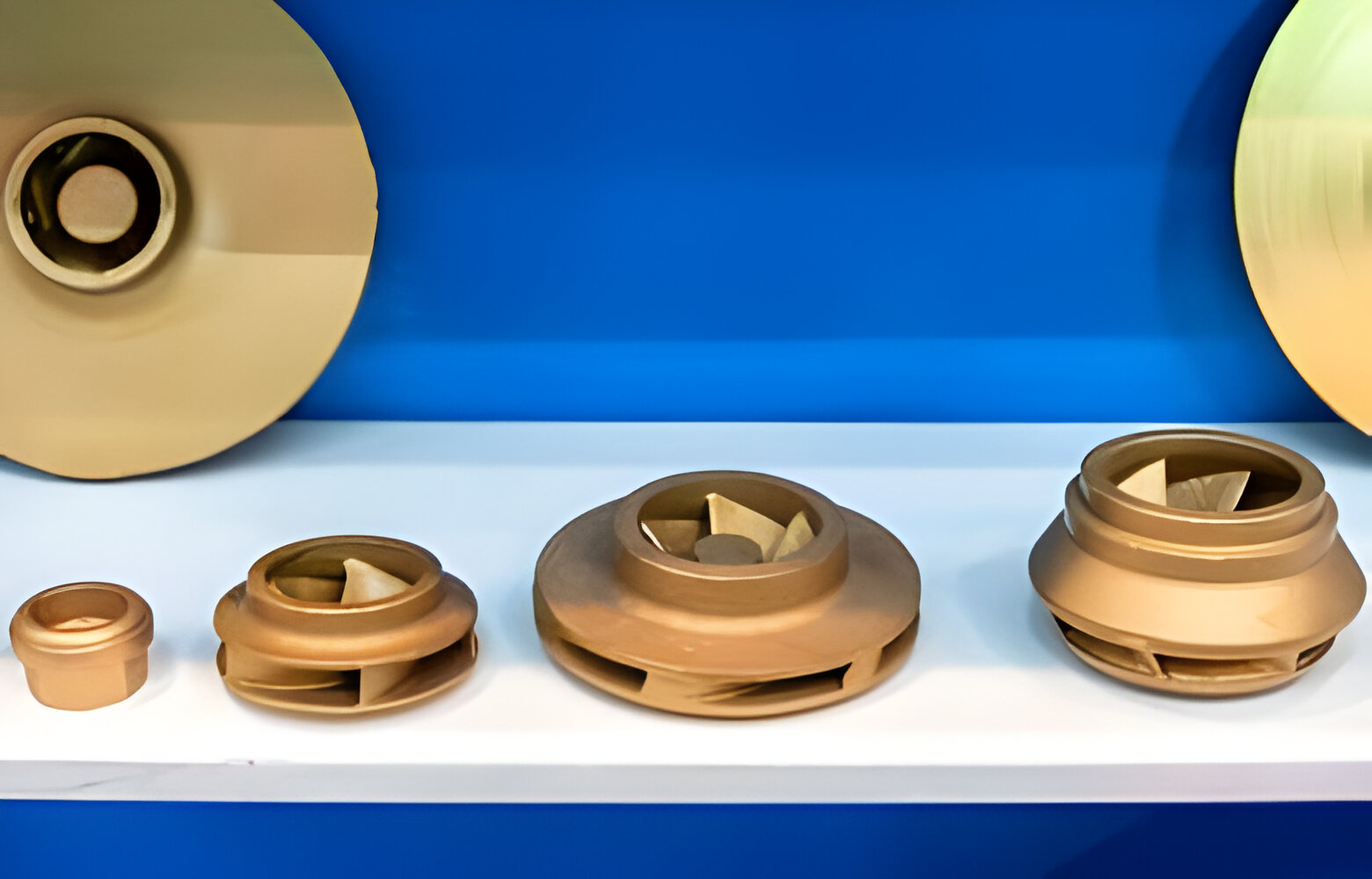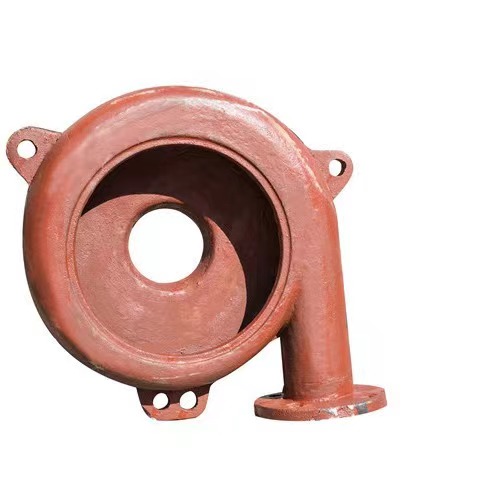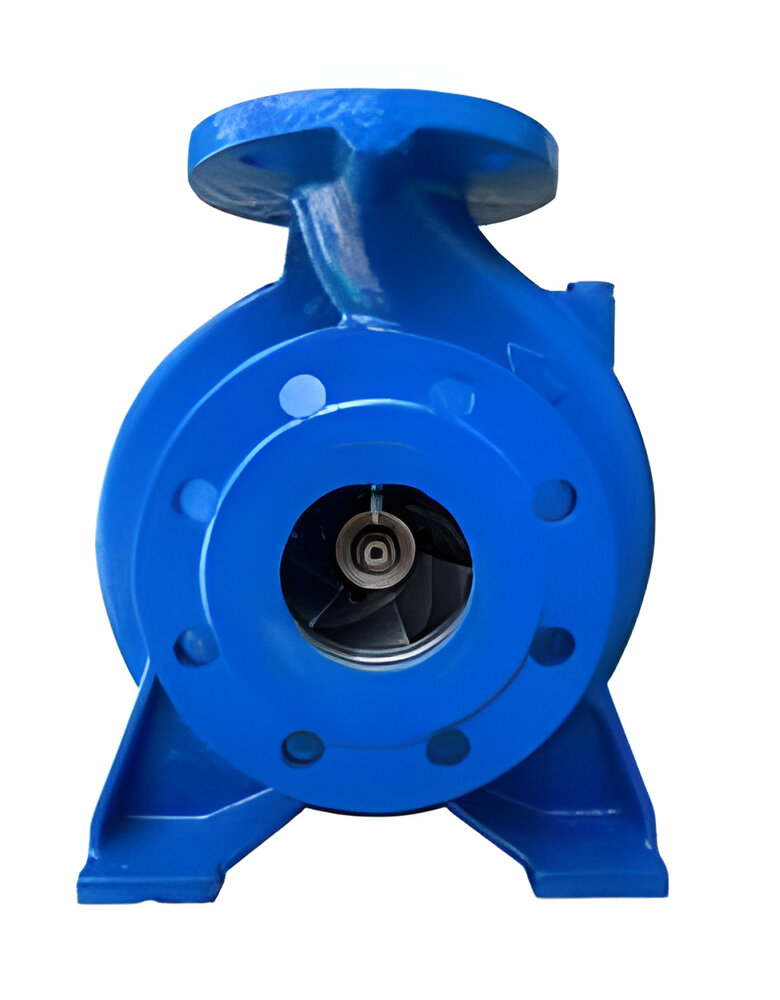In the realm of industrial machinery and fluid handling systems, the impeller stands as a pivotal component, orchestrating the movement of fluids with precision and efficiency. Among the various materials utilized for impeller manufacturing, cast iron emerges as a stalwart choice, known for its durability and reliability. In this discourse, we delve into the domain of cast iron impeller manufacturers, exploring their expertise, processes, and the diverse applications of their products.
Crafting Excellence: The Art of Cast Iron Impeller Manufacturing
At the heart of every cast iron impeller lies a meticulous process driven by craftsmanship and precision engineering. Cast iron impeller manufacturers employ a range of techniques, including investment casting and sand casting, to shape molten metal into intricate impeller designs.
Precision Engineering for Diverse Applications
Fuel pump impellers, centrifugal pump impellers, boat water pump impellers – the applications of cast iron impellers are as diverse as they are vital. Each impeller type is engineered with specific performance parameters in mind, tailored to meet the demands of its intended application. Whether it’s propelling water through a pool pump or facilitating fluid flow in an industrial setting, cast iron impellers offer robustness and efficiency.
The Advantages of Cast Iron Impellers
Compared to alternative materials such as bronze or stainless steel, cast iron impellers boast distinct advantages. Their exceptional strength and resistance to wear make them ideal for high-pressure applications and environments with abrasive fluids. Furthermore, cast iron impellers are cost-effective solutions, providing longevity and reliability without compromising on performance.
Exploring the Manufacturing Process
The journey from raw materials to a fully functional cast iron impeller is a fascinating one, defined by precision and expertise. The process typically begins with the creation of a pattern, a replica of the desired impeller design. This pattern is then used to form a mold into which molten iron is poured. After cooling and solidification, the casting undergoes meticulous finishing processes to achieve the desired dimensions and surface quality.
Applications Across Industries
Cast iron impellers find application across a myriad of industries, from agriculture to manufacturing, and from wastewater treatment to HVAC systems. Their versatility and reliability make them indispensable components in machinery and equipment designed for fluid handling and transfer.
Investing in Quality: Choosing the Right Manufacturer
When sourcing cast iron impellers, selecting the right manufacturer is paramount. With a multitude of options available, discerning customers prioritize expertise, quality assurance, and customer service. Leading manufacturers like KT Foundry exemplify these qualities, with a proven track record of delivering precision-engineered cast iron impellers tailored to meet the exacting standards of diverse industries.
Conclusion: Elevating Fluid Handling with Cast Iron Impellers
As integral components of pumps and fluid handling systems, cast iron impellers play a pivotal role in ensuring efficient and reliable operations across industries. The craftsmanship and expertise of cast iron impeller manufacturers are instrumental in delivering products that excel in performance, durability, and versatility. For businesses seeking to optimize their fluid handling processes, investing in quality cast iron impellers is a decision that promises long-term efficiency and reliability.

